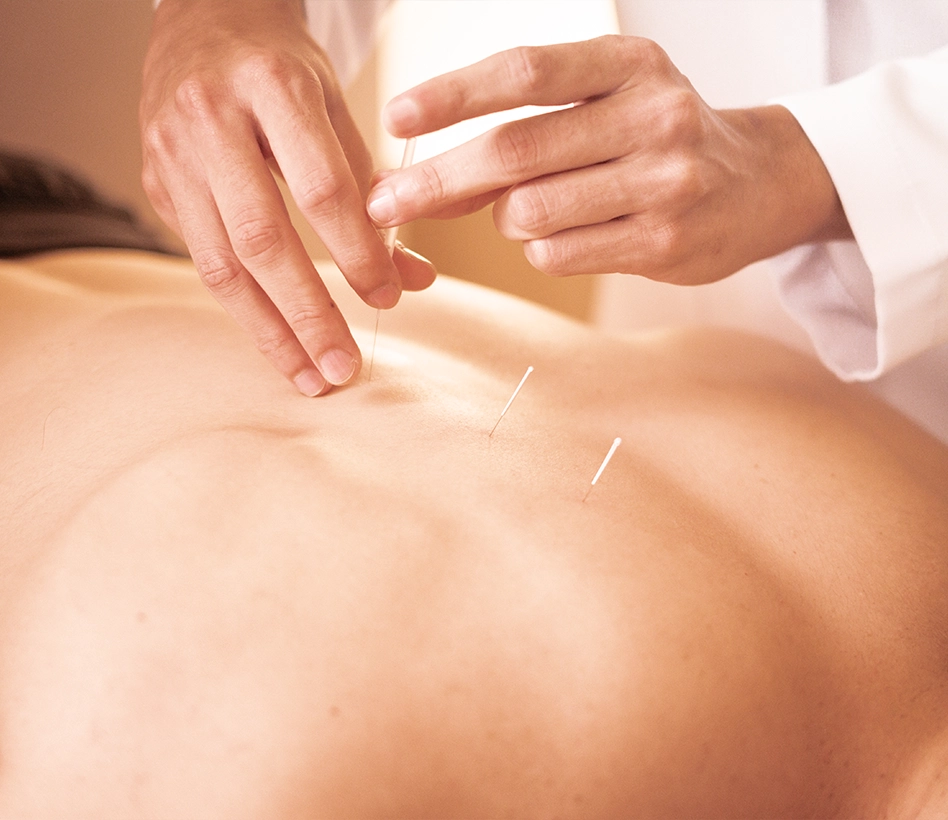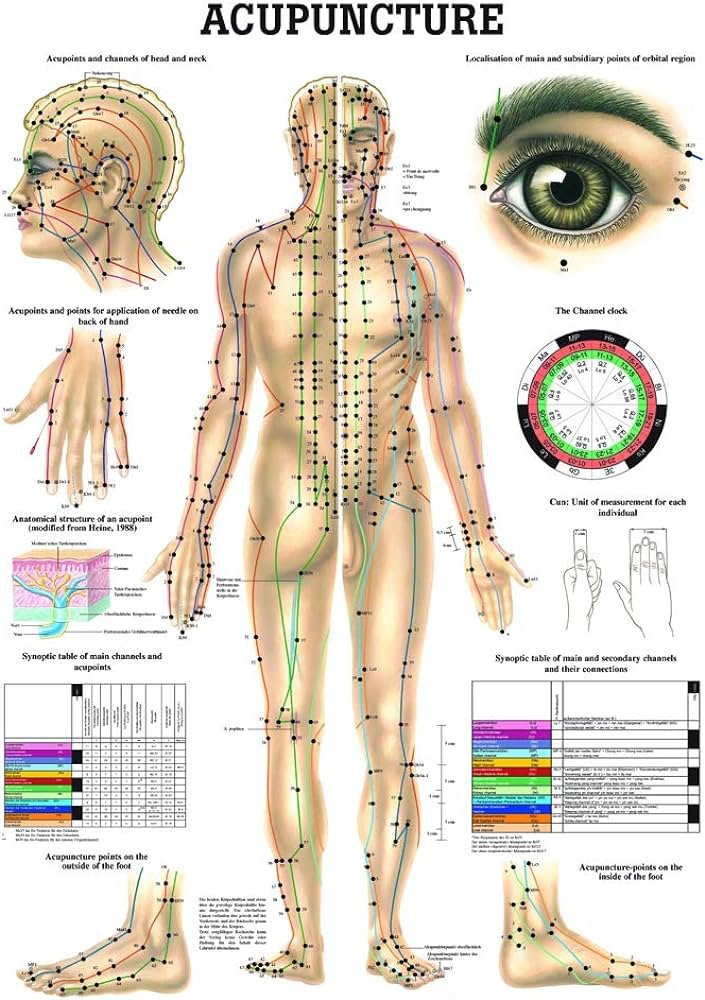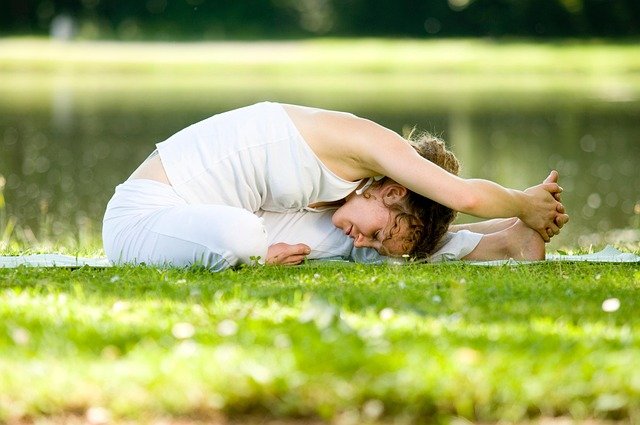In a world where anxiety is increasingly common and often treated with pharmaceuticals, acupuncture emerges as a quiet yet powerful alternative. Rooted in thousands of years of traditional Chinese medicine, acupuncture is gaining recognition as a potentially effective treatment for anxiety. While more research is needed to fully understand its long-term effects, existing studies point to a growing consensus: acupuncture might help the mind find calm through the body.
A Bridge Between Mind and Body
Anxiety often feels like a storm—racing thoughts, a pounding heart, shallow breaths. Modern science tells us that these symptoms are deeply connected to the nervous system and hormone regulation. Acupuncture, through the strategic insertion of thin needles at specific points on the body, is believed to stimulate the nervous system and trigger the release of chemicals like serotonin and dopamine. These natural mood regulators help balance the stress response, potentially offering relief from anxiety without the need for medication.
Licensed Clinical Social Worker Elizabeth Keohan summarizes this well:
“Acupuncture has evolved over thousands of years, but its tenets of stimulating the nervous system remain at the core…offering some pain relief and also regulation of the nervous system.”
Why Try Acupuncture for Anxiety?
The benefits of acupuncture extend beyond just anxiety relief. As a holistic treatment, it aligns the body and mind in a way that supports overall wellness. Here are a few of the key advantages:
- Promotes Relaxation: Acupuncture encourages the body to release endorphins and serotonin—natural feel-good chemicals that help calm the mind.
- Improves Sleep: Many who suffer from anxiety also struggle with insomnia. Acupuncture has been linked to improved sleep quality and deeper rest.
- Balances Energy Flow (Qi): In traditional Chinese medicine, emotional distress is often attributed to blocked or imbalanced energy flow. Acupuncture aims to correct this by restoring balance in the body’s Qi.
- Minimal Side Effects: Unlike medications, acupuncture is non-addictive and generally has minimal side effects, making it an attractive option for those seeking a natural approach.
- Supports Other Treatments: Acupuncture can be used alongside therapy or medication, enhancing the effects of more conventional approaches.

Evidence Speaks: Does It Really Work?
Research into acupuncture’s effectiveness for anxiety has yielded promising results. A recent meta-analysis of 20 randomized controlled trials showed that acupuncture significantly reduced anxiety symptoms compared to control groups. In some cases, it performed as well or even better than traditional pharmaceutical treatments.
While scientists continue to explore the full scope of acupuncture’s benefits, these findings suggest that the practice provides not only physical relief but psychological support as well.
Mapping the Relief: Common Acupuncture Points for Anxiety
Each acupuncture point corresponds to a particular organ or system, and when it comes to anxiety, certain points are favored for their calming effects. These include:
- Yintang (between the eyebrows): Calms the mind, often called the “third eye.”
- Shenmen (on the wrist): Eases stress and helps with sleep.
- Pericardium 6 (inner forearm): Alleviates anxiety and heart palpitations.
- Governing Vessel 20 (top of the head): Elevates mood and clears the mind.
- Liver 3 (top of the foot): Encourages the smooth flow of energy, easing tension.
- Spleen 6 (above the inner ankle): Balances emotions and supports overall well-being.

What to Expect During a Session
Your first acupuncture appointment begins with a consultation. The practitioner will ask about your symptoms, lifestyle, and treatment goals. Once the session starts, you’ll lie on a treatment table as sterile, ultra-thin needles are inserted at selected points.
Most people report little to no pain—perhaps a brief pinch or a warm, tingling sensation. Sessions typically last 20 to 40 minutes, during which the environment is designed to be deeply relaxing. Some feel immediate relief; others notice a gradual improvement over several sessions.
Finding the Right Practitioner
When seeking an acupuncturist, it’s essential to verify their credentials. Look for licensure via the National Certification Commission for Acupuncture and Oriental Medicine (NCCAOM). Reading reviews, asking for personal recommendations, and discussing a practitioner’s experience—especially in treating anxiety—can help you find someone who’s right for you.
Acupuncture in Context: How Does It Compare?
There are many natural treatments for anxiety, including yoga, meditation, and herbal supplements. Each has its strengths:
- Yoga combines physical movement with breathing and mindfulness—great for ongoing stress management.
- Meditation promotes present-moment awareness and is known to reduce cortisol (the stress hormone).
- Herbal supplements like ashwagandha and magnesium may help regulate mood, though they can have side effects or interact with medications.

Acupuncture, on the other hand, offers a direct, physical intervention that can stimulate healing without ingesting anything. And, as Keohan notes, acupuncture doesn’t have to be the only treatment—it works best when part of a broader self-care strategy.
“Acupuncture does not have to be your only treatment; for example, pursue psychotherapy, but also maintain exercise to acquire your vision of relief.”
Final Thoughts: A Step Toward Healing
For those navigating the often-overwhelming terrain of anxiety, acupuncture may offer a grounded, gentle way forward. By promoting balance within the body and calm within the mind, this ancient practice meets modern challenges with a timeless approach.
If you’re exploring holistic ways to support your mental health, acupuncture may be worth a try—especially when paired with therapy or other wellness practices. In today’s high-stress world, the quiet power of acupuncture might just be the missing piece in your journey to inner peace.

